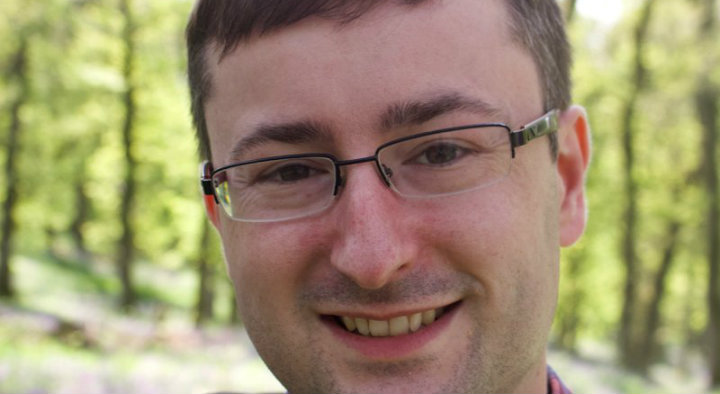‘Gamification’ to help develop tools to assist in hearing access
Published On Tue 19 Feb 2019 by Grant Hill

University of Dundee researchers are to explore how techniques used in board games can be used to help people with hearing difficulties participate in group environments.
‘Gamification’ describes the application of typical elements of game playing to other areas of activity. Researchers from the University’s Computing department will work with social enterprise company Ideas for Ears to investigate hearing access issues present within group conversation environments and how gamification may help address these.
Eleven million people in the UK have some form of hearing loss and every person has the potential to experience situational hearing impairments at some point in their life. Ideas for Ears helps businesses and organisations interact more successfully with customers, staff and others with hearing loss.
The collaborators will use highly innovative gamification techniques to model how people behave and communicate within meeting-type environments and use these models to understand the communication issues faced on a daily basis by those with hearing issues. They will then develop digital facilitation tools that can assist in creating communication-friendly conversation environments.
Project lead Dr Michael Crabb said, “Taking an active role within meeting situations is a key factor in modern life and can include areas such as healthcare, education, social activities, civic engagement, and the workplace.
“When people play board games they may be communicating round a table with hidden objectives, common goals or other aspects that mean scenarios play out very similarly to a standard meeting. By modelling these interactions, as well as how these interactions fail, we aim to create more accessible meeting environments in the future.
“We hope that by carrying out this project we will be able understand more about the types of problems that can arise when communicating in group situations and then look at how technology can be used to help alleviate these issues. We are very excited to be working on this with Ideas for Ears and believe that the work we are doing together will have a large economic and societal impact within Scotland.”
The project is funded by the Scottish Funding Council’s Interface initiative that seeks to connect businesses and universities in order to create innovative new products and ideas that will benefit the country’s economy.
Sally Shaw, founding director of Ideas for Ears, said, “Multiple group discussions that take place in the same room at the same time are commonly used within workshops and conference settings. They can be incredibly challenging because of the noise levels generated, the way people are inclined to speak over the top of each other, and the difficulties in ensuring communication support is used effectively.
“The project with Dr Crabb’s team will help to formulate guidance that will aid communication access for those with hearing loss and other communication issues, as well as fairness of participation for everyone else, including those who are perhaps shy or less able to put forward their point in a group setting. The project has huge practical application and significant potential benefits for promoting equality, diversity and inclusion.”
For media enquiries contact:
Grant Hill
Press Officer
University of Dundee
Nethergate, Dundee, DD1 4HN
Tel: +44 (0)1382 384768
Mobile: 07854 953277
Email: g.hill@dundee.ac.uk